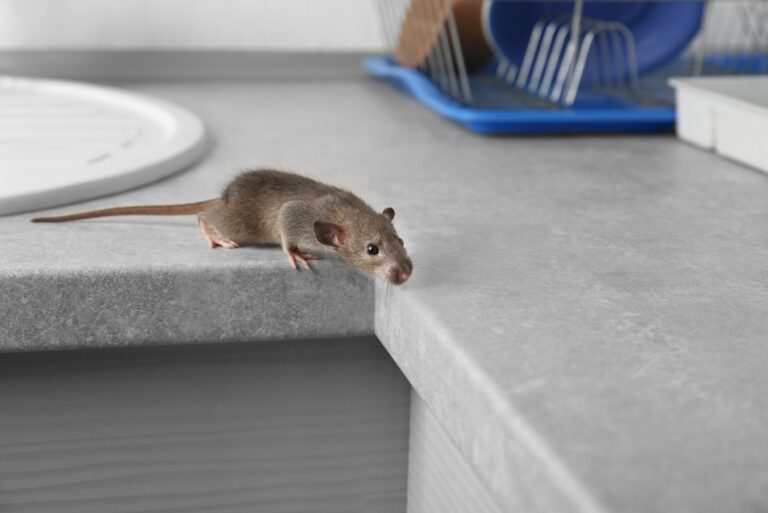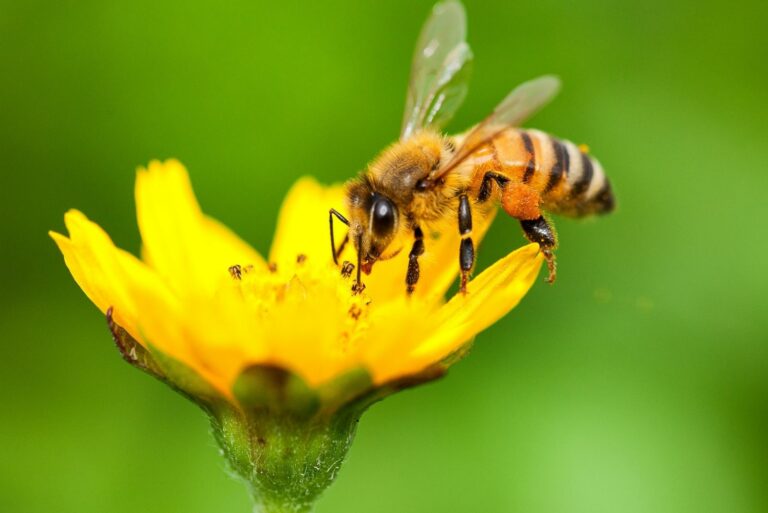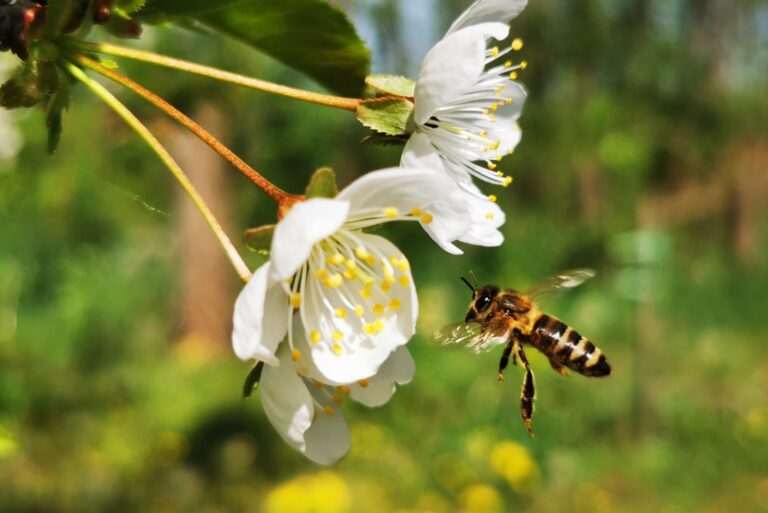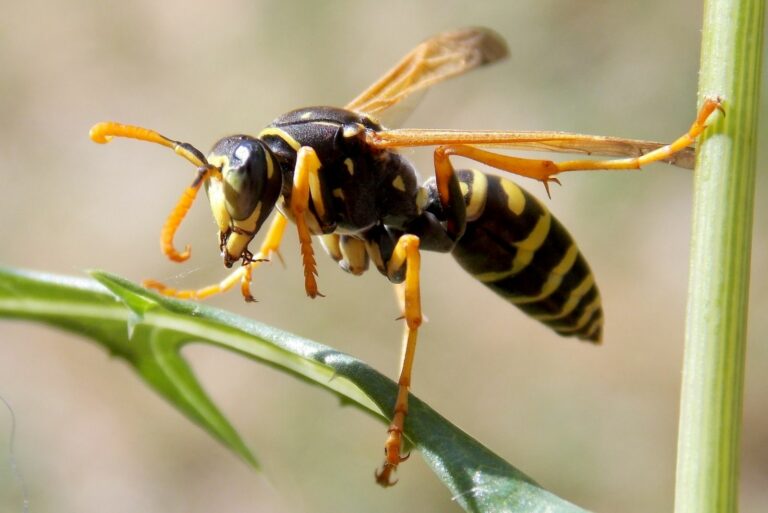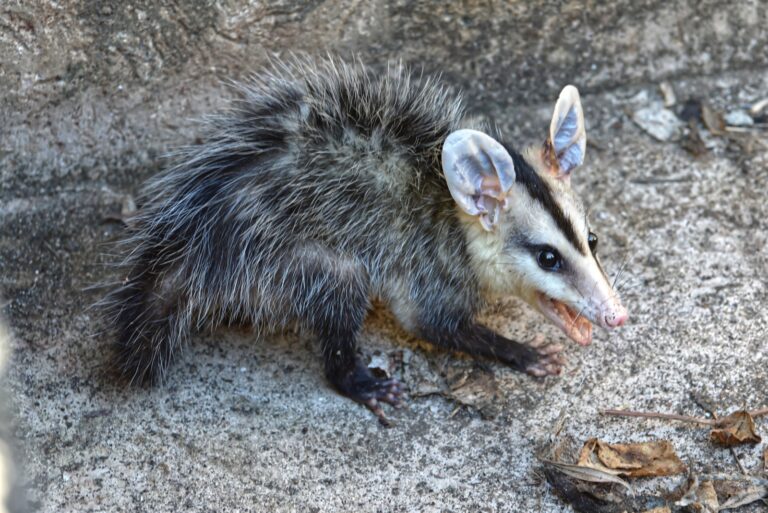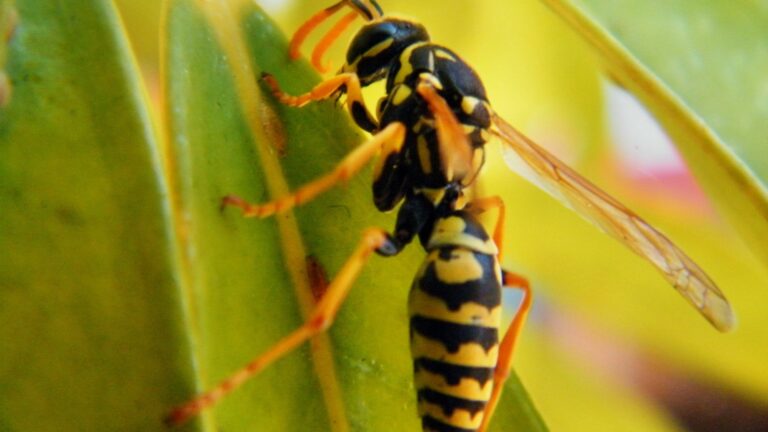Discover 17 Smells That Snakes Absolutely Hate
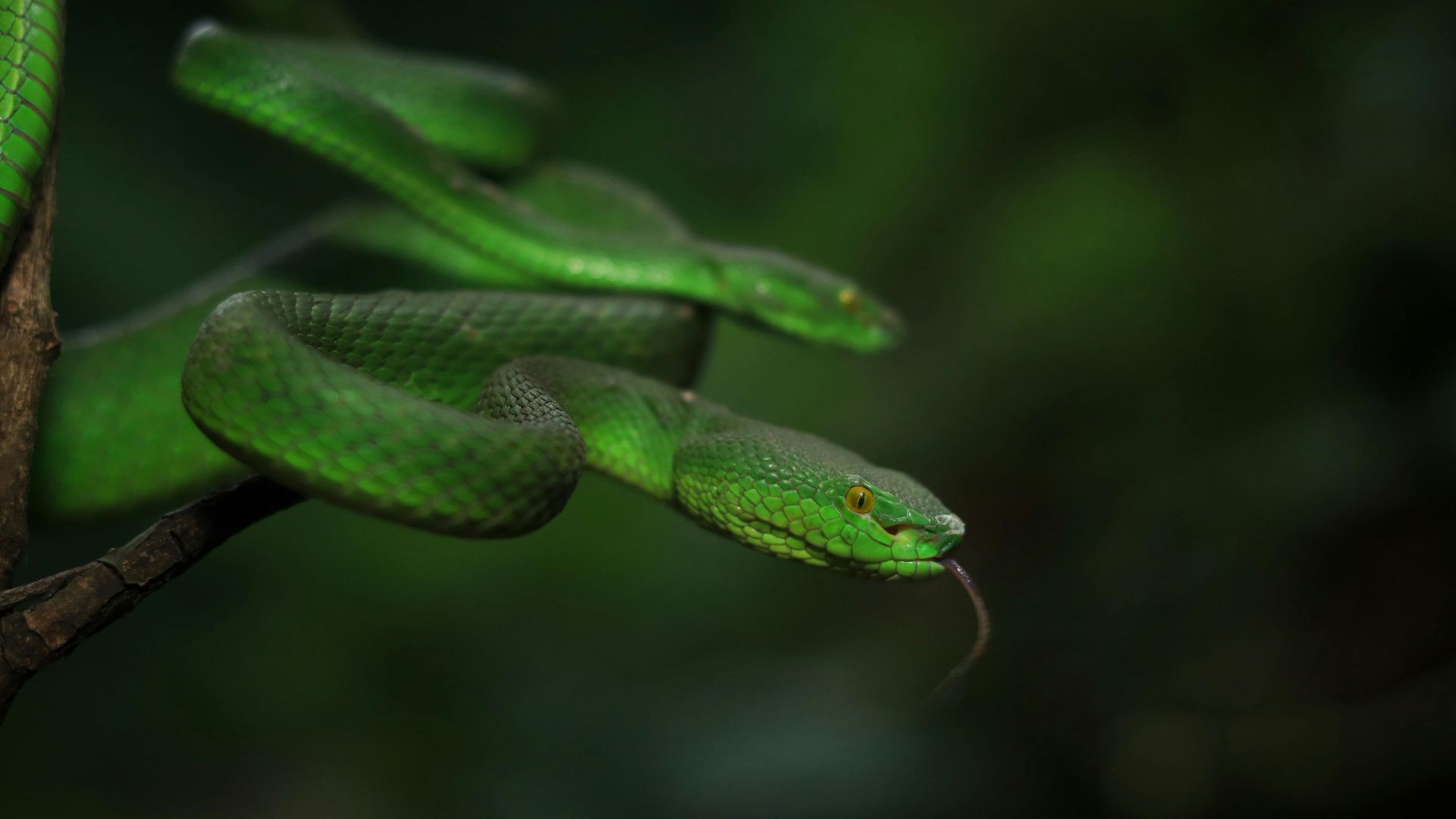
If the thought of stumbling across a snake in your garden makes your skin crawl, you’re definitely not alone. I used to avoid parts of my yard just because I spotted one slithering through the mulch a few times too many.
Luckily, I found a way to keep them at bay—without resorting to harsh chemicals or traps. Snakes rely heavily on their sense of smell, and certain scents really throw them off. Once I started using natural repellents in key areas—like near woodpiles, garden beds, and the back fence—I noticed a big difference. It was like creating an invisible no-go zone for them.
Whether you’re dealing with harmless garden snakes or something a little more worrisome, these scent-based tricks can help keep your space snake-free. Best of all, they’re easy to use, pet-safe, and won’t harm the environment—or the snakes themselves.
1. Cinnamon Oil

The strong aromatic compounds in cinnamon oil overwhelm a snake’s sensory receptors, causing them to retreat quickly. Their forked tongues pick up these molecules and send distress signals to their brains.
Mixing a few drops with water in a spray bottle creates an effective perimeter spray for doorways, windows, and garden edges. For stronger protection, soak cotton balls and place them in known entry points.
My neighbor swears by this method after finding a garden snake in her basement last summer. The pleasant scent is a bonus for humans while creating an invisible barrier snakes won’t cross.
2. Clove Oil

Eugenol, the active compound in clove oil, creates an intense sensory overload for snakes. Their Jacobson’s organ (used for smelling) cannot process this potent scent, causing immediate aversion and retreat behavior.
Applying diluted clove oil around the foundation of your home creates an excellent defensive line. Many homeowners also soak rope in this solution and lay it around garden perimeters for a longer-lasting barrier.
During summer months when snake activity increases, I refresh my clove oil applications every two weeks. The spicy aroma reminds me of holiday baking while keeping scaled visitors at bay.
3. Garlic Aroma
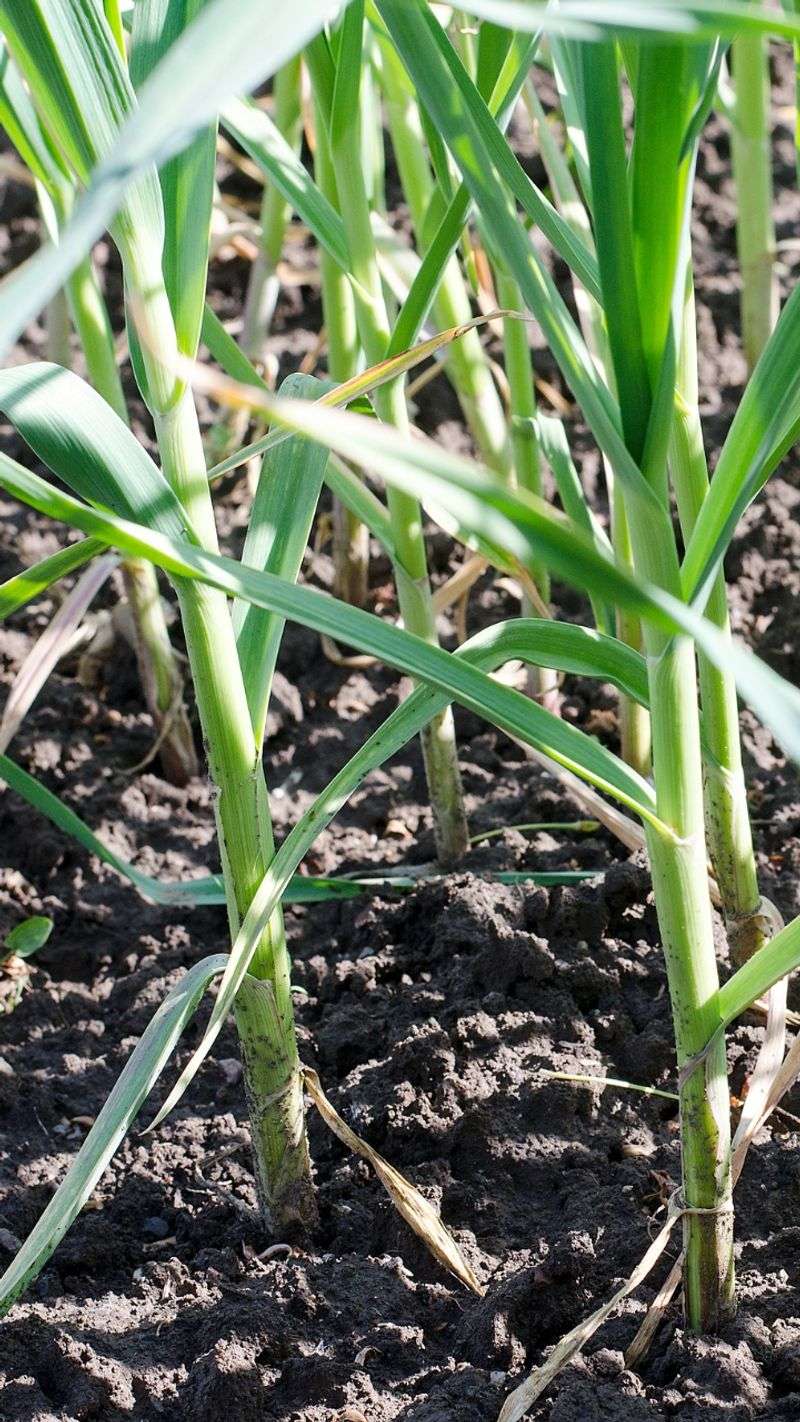
The sulfonic compounds in garlic create a sensory nightmare for snakes. These molecules attach to their vomeronasal organ, triggering an immediate flee response when detected.
Crushed garlic cloves placed strategically in garden beds or mixed with water as a spray provides excellent protection. For continuous coverage, plant garlic bulbs around your property’s perimeter as a living snake barrier.
Garlic has saved my vegetable garden multiple times from slithering visitors. While the smell fades for humans after a day, snakes can detect it for nearly a week, making it both effective and low-maintenance.
4. Lemongrass Essential Oil
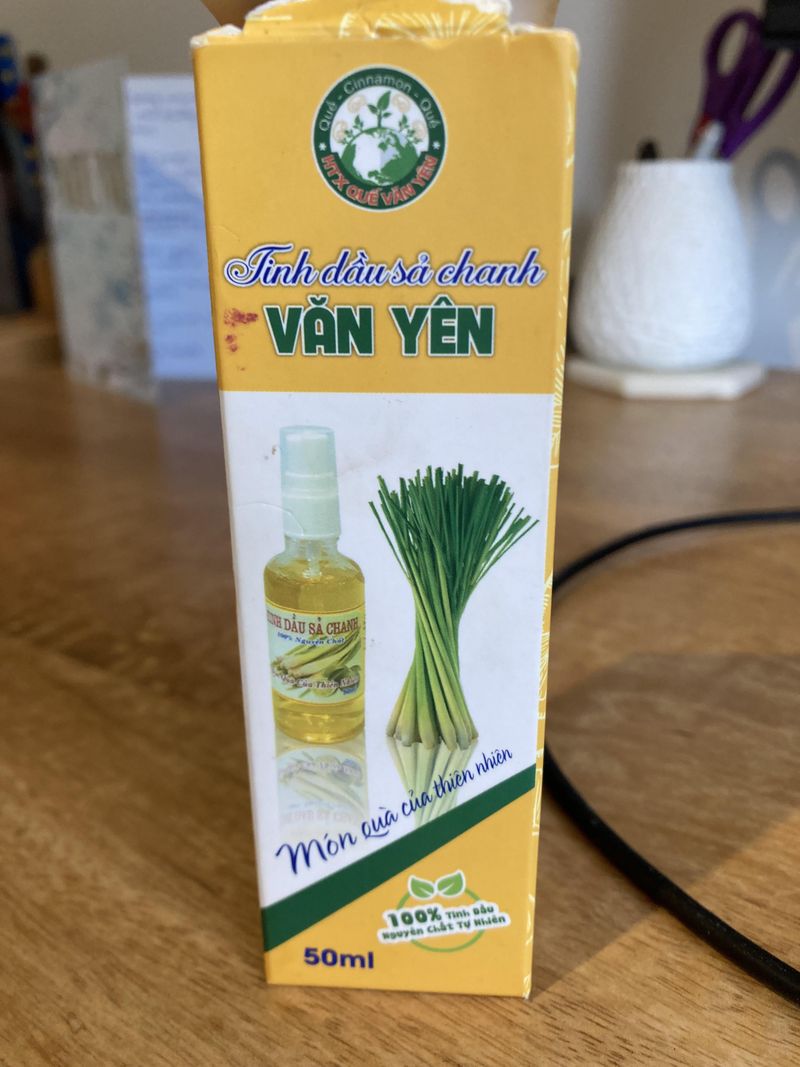
Lemongrass contains citral and geraniol, compounds that interfere with a snake’s chemical receptors. When these molecules enter their vomeronasal system, snakes experience something akin to sensory confusion and avoid the area entirely.
Creating a barrier couldn’t be easier – mix 15-20 drops with water in a spray bottle and apply to potential entry points. The fresh, citrusy scent lasts several days and can be refreshed as needed.
Last spring, I sprayed lemongrass solution around my patio before a backyard gathering. Not only did it keep snakes away, but guests commented on the pleasant, subtle fragrance throughout the evening.
5. Peppermint Oil
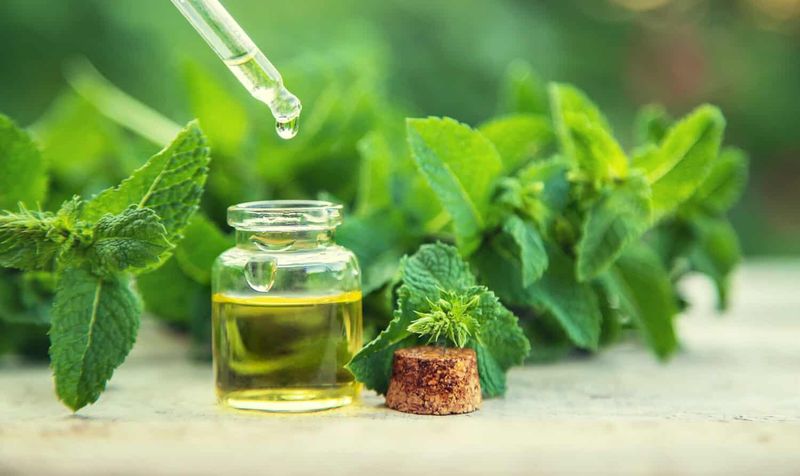
Menthol compounds in peppermint oil create an overwhelming sensory experience for snakes. Their specialized smell receptors can’t process the intensity, making them retreat from treated areas immediately.
Soaking cotton balls in peppermint oil and placing them in crawl spaces, basements, or garden edges works wonders. For larger areas, a diluted spray applied weekly maintains a snake-free zone.
The cooling scent reminds me of candy canes while doing the serious work of snake prevention. I’ve found it particularly effective during spring months when snakes become more active after winter hibernation.
6. Onion Pungency
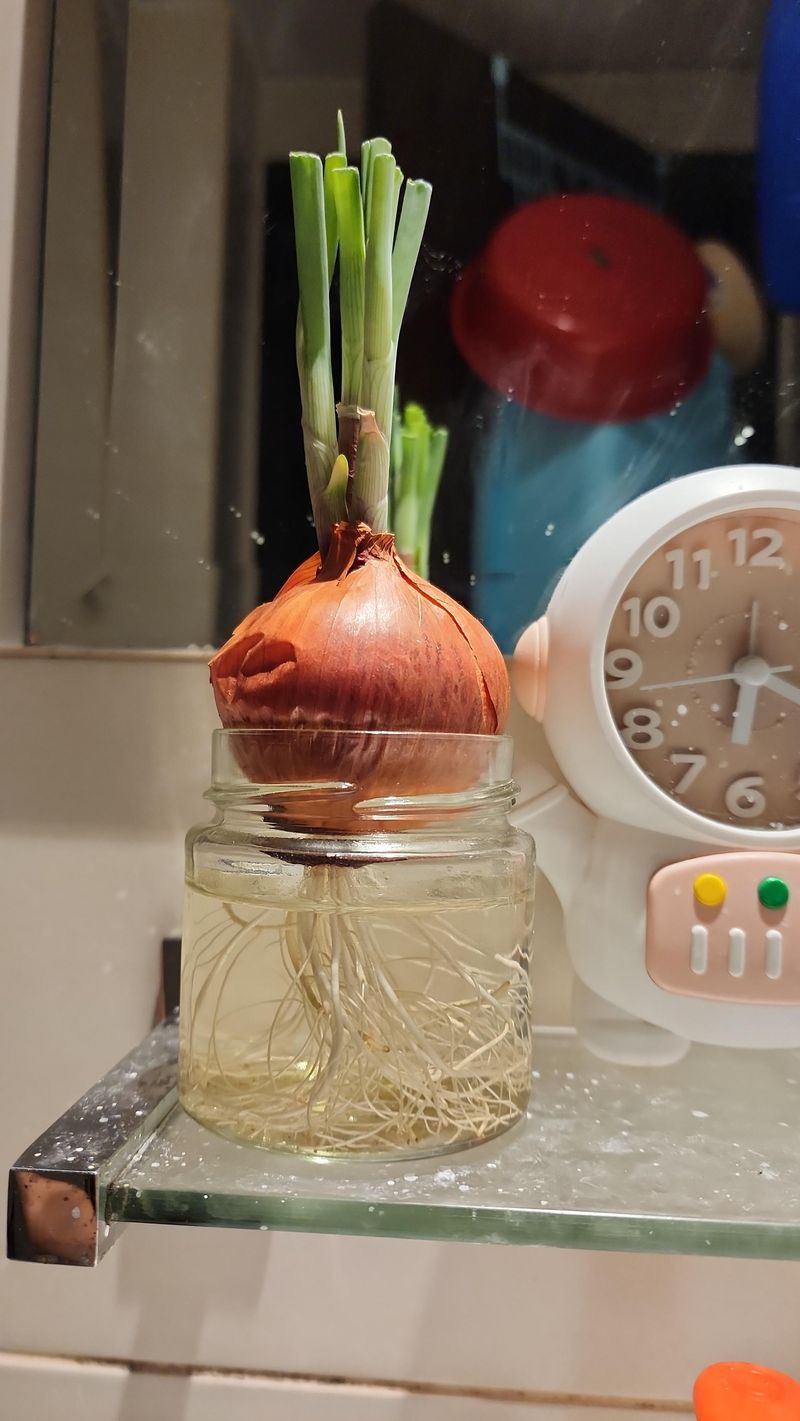
The sulfur compounds in onions create a powerful deterrent that overwhelms a snake’s chemosensory system. When their tongue flicks detect these molecules, an immediate aversion response triggers their retreat behavior.
Quartered onions placed around the perimeter of sheds, gardens, or patios offer excellent protection. For a more potent solution, blend onions with water and spray the mixture in key areas.
During gardening season, I plant onions as companion plants between vulnerable crops. While the smell isn’t my favorite either, knowing it creates an invisible snake barrier makes it worthwhile.
7. Lime Fragrance

Citrus oils in lime contain limonene and other terpenes that disrupt a snake’s sensory perception. Their Jacobson’s organ becomes overwhelmed by these compounds, creating an avoidance response in most species.
Scattered lime peels around garden beds offer a simple, natural deterrent. For a more concentrated effect, a spray made from lime juice and water can be applied to vulnerable areas.
The bright, fresh scent always lifts my mood while working in the yard. After spreading lime peels around my compost bin last summer, I noticed a complete absence of the garden snakes that previously visited regularly.
8. Vinegar Solution
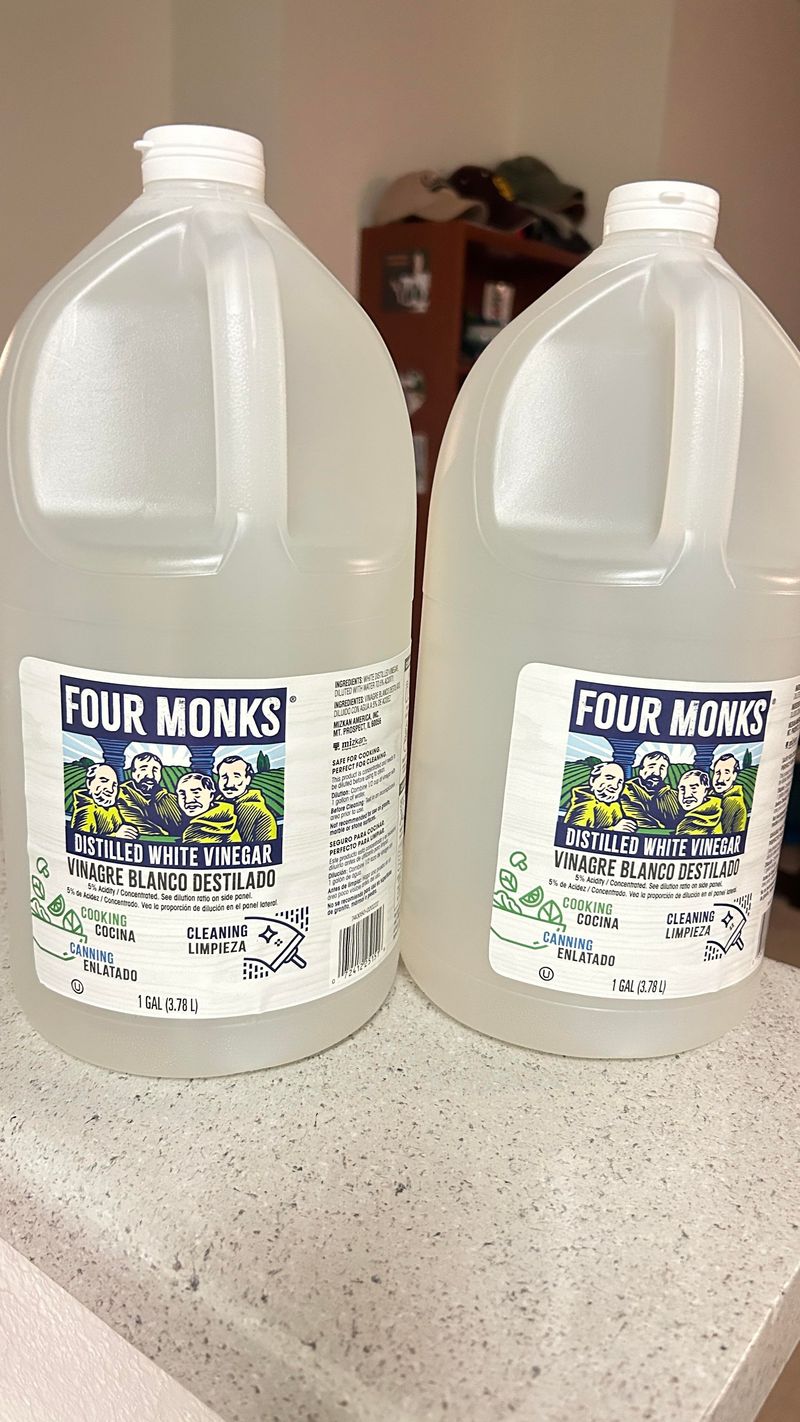
Acetic acid in vinegar creates a hostile environment for snakes’ sensitive chemoreceptors. The sharp, acidic nature of this compound triggers their avoidance instinct almost immediately upon detection.
A 50/50 mixture of white vinegar and water sprayed along foundations, doorways, and windows creates an effective barrier. Many homeowners also soak rags in vinegar and place them in known entry points for stronger protection.
While the smell dissipates for humans after drying, snakes can detect it for days afterward. I’ve used this method around my chicken coop with excellent results, despite initially worrying about the pungent application day.
9. Cedar Oil
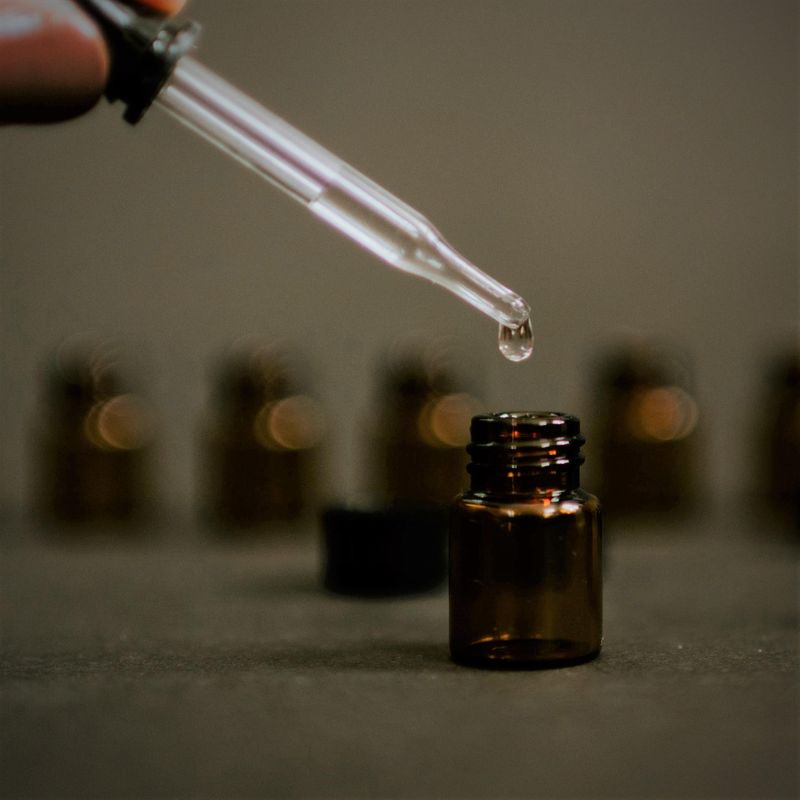
Phenols and other organic compounds in cedar oil create a powerful sensory disruption for snakes. Their specialized olfactory system becomes overwhelmed, making treated areas feel hostile and uninhabitable to them.
Misting cedar oil around the home perimeter creates an excellent defensive boundary. For garden protection, cedar mulch provides both decorative value and snake-repelling properties that last for months.
The woody, pleasant aroma makes this one of my favorite options. After applying cedar oil around my pool deck last summer, we enjoyed a completely snake-free swimming season for the first time in years.
10. Naphthalene Balls
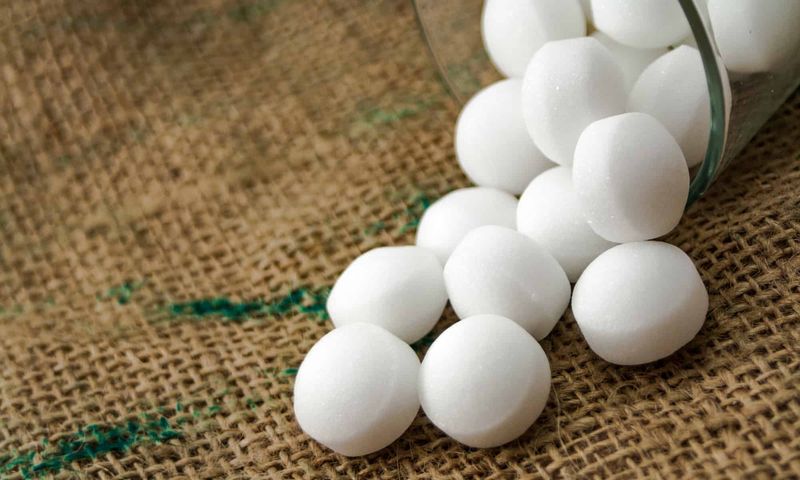
The chemical structure of naphthalene creates a potent sensory irritant for snakes. When their tongue flicks encounter these molecules, their vomeronasal organ sends immediate warning signals to their brain.
Placing mothballs containing naphthalene in enclosed spaces like crawlspaces, attics, or storage areas provides excellent protection. For outdoor use, specialized wildlife-safe naphthalene products are more appropriate.
Caution is necessary since naphthalene can be harmful to pets and children if ingested. I only use this method in our sealed shed where our dogs can’t access it, and it’s kept our garden tools snake-free for three seasons.
11. Sulfur Powder
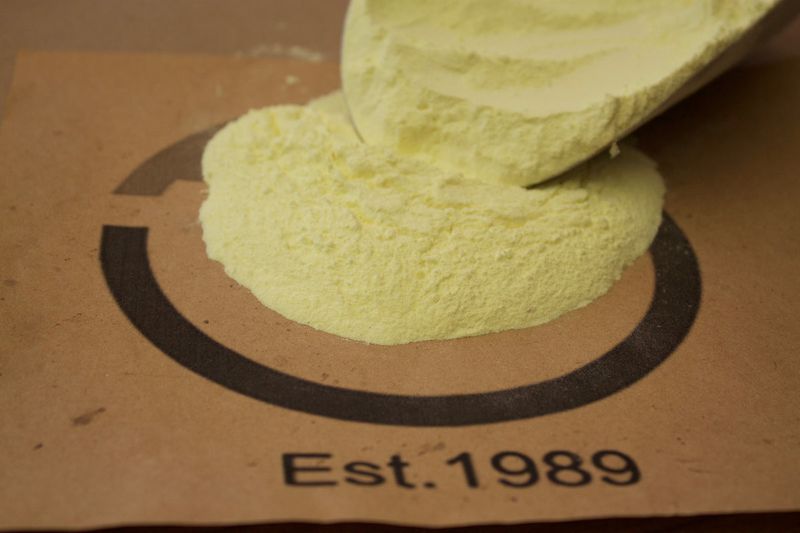
Sulfur creates a powerful olfactory deterrent that triggers immediate avoidance behavior in most snake species. Their highly specialized smell receptors cannot tolerate the intensity of sulfur compounds, making treated areas completely uninhabitable.
Sprinkling sulfur powder around the perimeter of your property creates an effective barrier snakes won’t cross. Many garden centers sell specialized sulfur preparations designed specifically for repelling wildlife.
During rainy seasons, I reapply sulfur every few weeks for consistent protection. The slight rotten-egg smell dissipates quickly for humans but remains detectable to snakes for much longer periods.
12. Cinnamon And Clove Mixture

Combining cinnamon and clove creates a synergistic effect that overwhelms a snake’s chemosensory system. The mixture of aromatic compounds becomes nearly unbearable to their sensitive vomeronasal organ, triggering immediate retreat.
Equal parts ground cinnamon and clove powder sprinkled around entry points offers excellent protection. For liquid application, essential oils of both ingredients can be mixed with water and sprayed as needed.
The pleasant holiday-like scent makes this my go-to solution for indoor spaces like basements and garages. Guests never suspect it’s actually a powerful snake deterrent rather than just a home fragrance choice.
13. Ammonia Scent
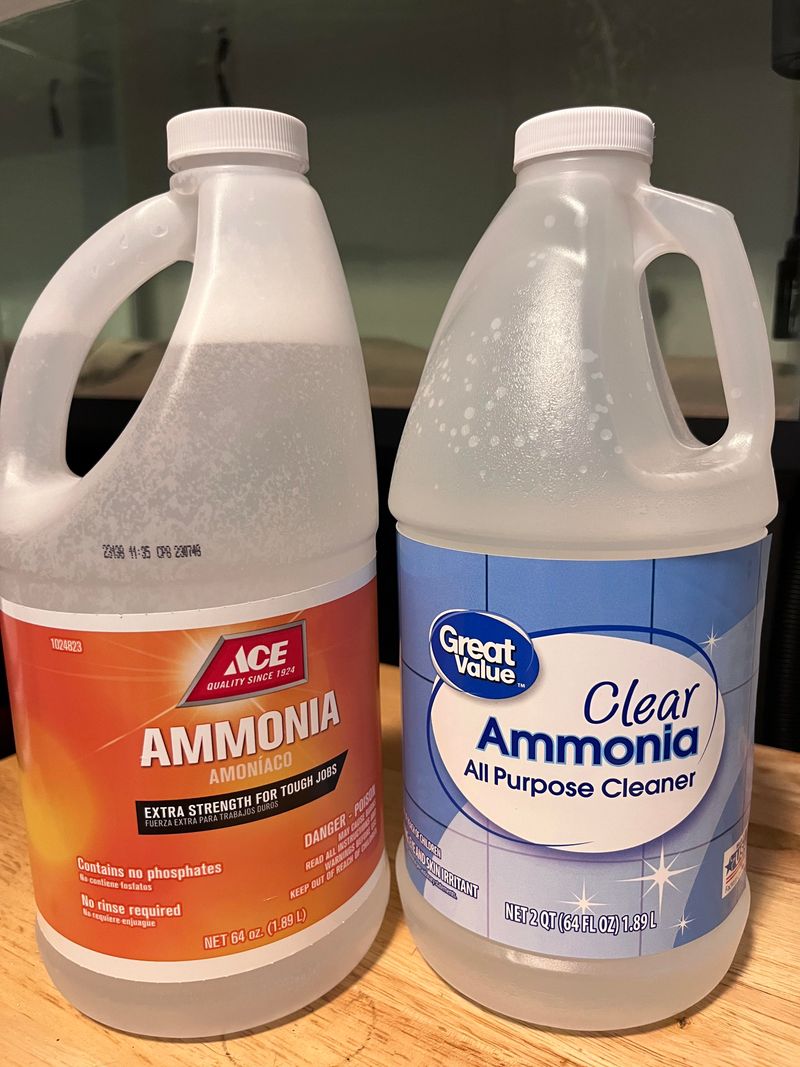
Ammonia’s sharp chemical profile creates intense irritation for a snake’s sensitive smell receptors. The compounds mimic predator urine, triggering both chemical irritation and instinctual fear responses in most species.
Placing ammonia-soaked rags in sealed containers with small holes allows the scent to disperse without creating a hazard. These can be positioned near known snake entry points or problem areas.
The strong smell means this method works best for outdoor spaces like sheds or crawlspaces. I’ve used ammonia solutions around my woodpile with great success, though I’m careful to keep it away from garden plants it might damage.
14. Tobacco Leaves
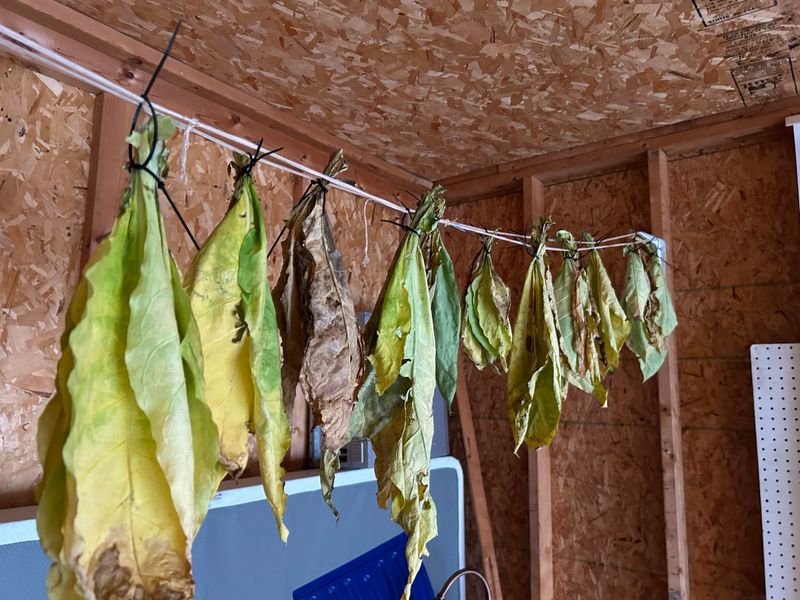
Nicotine and other alkaloids in tobacco create a powerful sensory deterrent for snakes. These compounds irritate their chemoreceptors and disrupt their ability to process environmental information, causing immediate avoidance behavior.
Scattered tobacco leaves or tobacco dust around the perimeter of gardens, sheds, or homes creates an effective barrier. Some gardeners also make a tobacco tea by soaking leaves in water and spraying the solution.
After placing tobacco leaves around my garden shed entrance, the garter snakes that previously sunned themselves nearby completely disappeared. The protection lasts surprisingly long, even through light rain showers.
15. Marigold Aroma
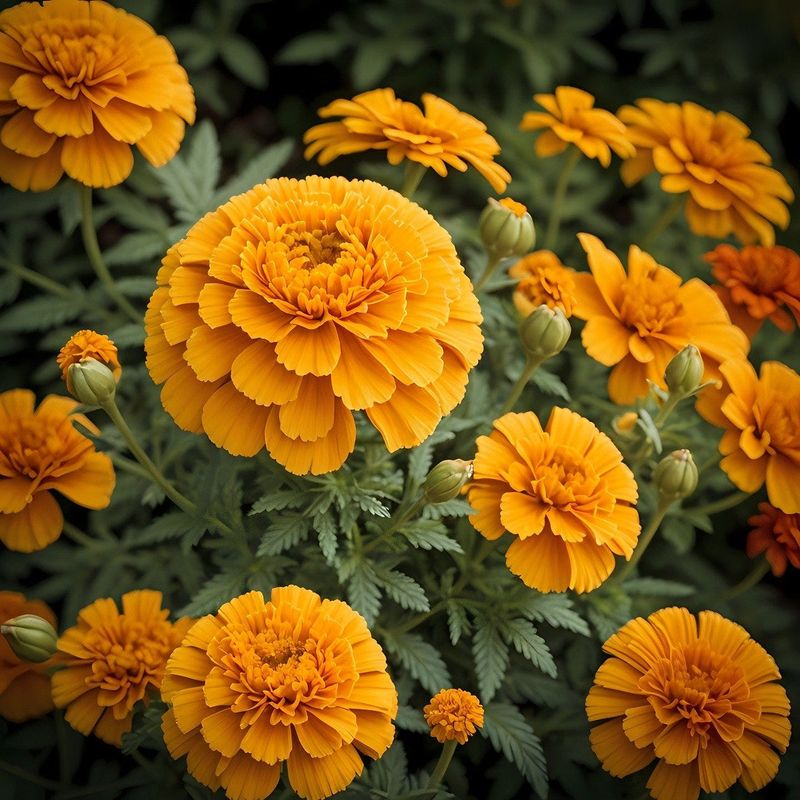
Terpenes in marigold flowers emit a distinctive scent that reptiles find particularly offensive. Their smell receptors register these compounds as potential danger signals, prompting immediate avoidance of the area.
Planting marigolds as a border around gardens, patios, or pools creates a living snake barrier with beautiful blooms. For immediate protection, a spray made from marigold flowers steeped in hot water works effectively.
The cheerful orange and yellow flowers make this my favorite snake deterrent method. My vegetable garden has remained completely snake-free since adding a marigold border three seasons ago – a perfect blend of function and beauty.
16. West Indian Lemongrass
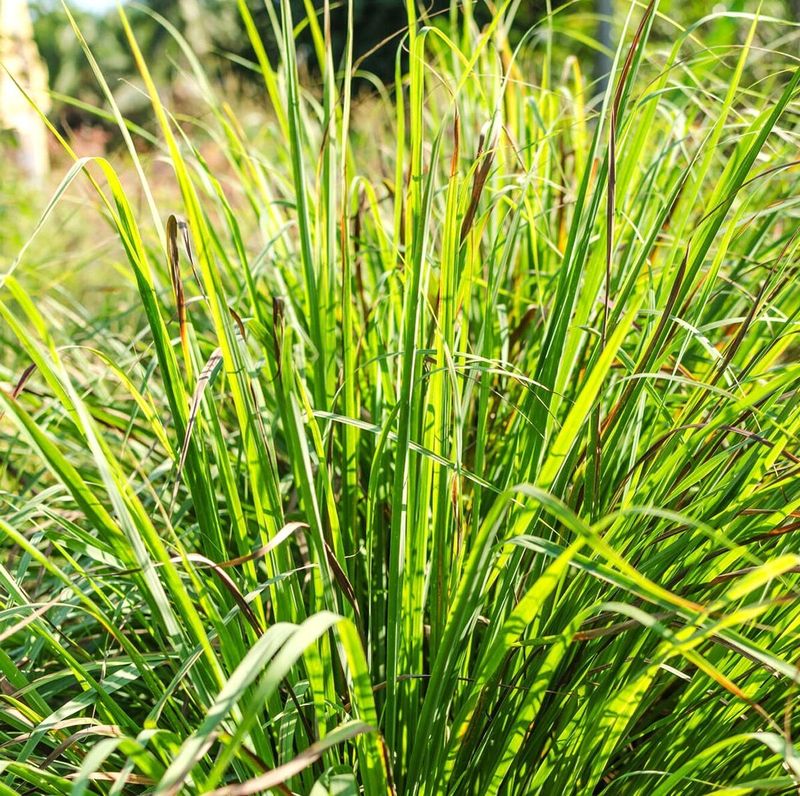
Citronella compounds in West Indian lemongrass create a powerful sensory overload for snakes. Their tongue flicks detect these molecules as hostile, triggering an immediate retreat response when encountered.
Growing lemongrass plants around your property provides ongoing protection with minimal effort. For immediate results, crushed lemongrass stalks or essential oil can be applied to vulnerable areas.
The tall, attractive grass adds visual interest to my landscape while serving as a silent guardian. During summer barbecues, guests often comment on the pleasant citrusy scent, never realizing it’s actually my secret weapon against unwanted reptilian visitors.
17. Neem Oil
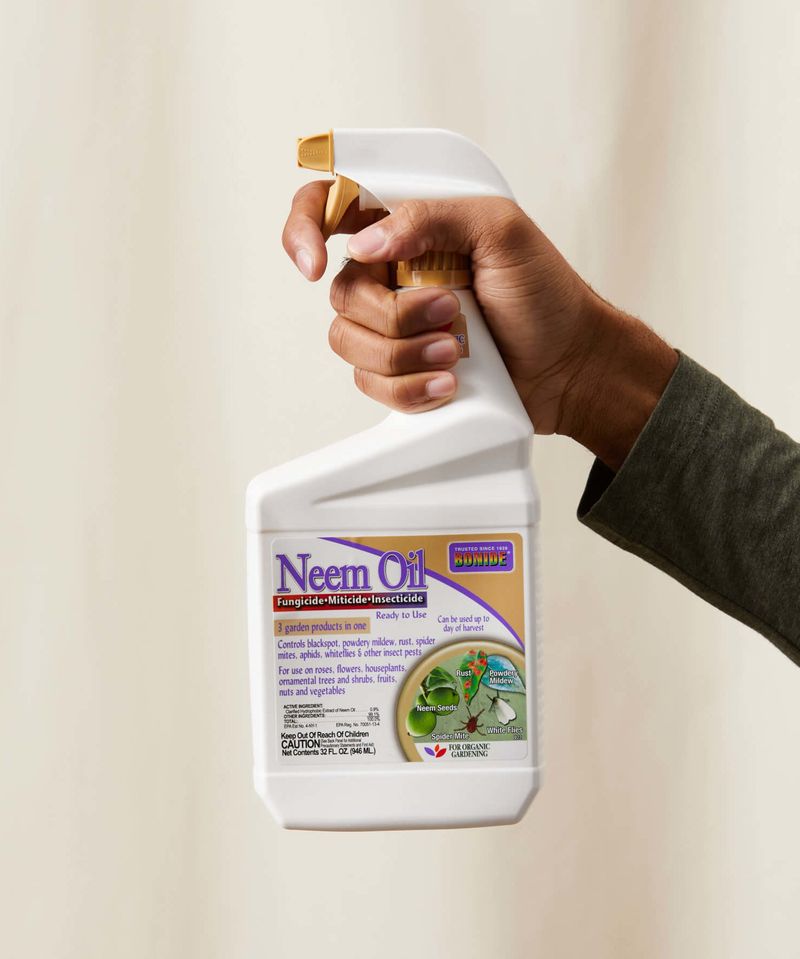
Azadirachtin and other compounds in neem oil create a powerful reptile deterrent. These molecules interfere with a snake’s sensory perception and create an uncomfortable environment they actively avoid.
Diluted neem oil sprayed around foundations, entry points, and garden perimeters offers excellent protection. Many gardeners also soak cotton balls in neem oil and place them in strategic locations for concentrated effect.
The earthy smell isn’t my favorite, but the results are undeniable. After treating our pool equipment area with neem oil last season, we haven’t spotted a single snake near the previously popular basking spot.

